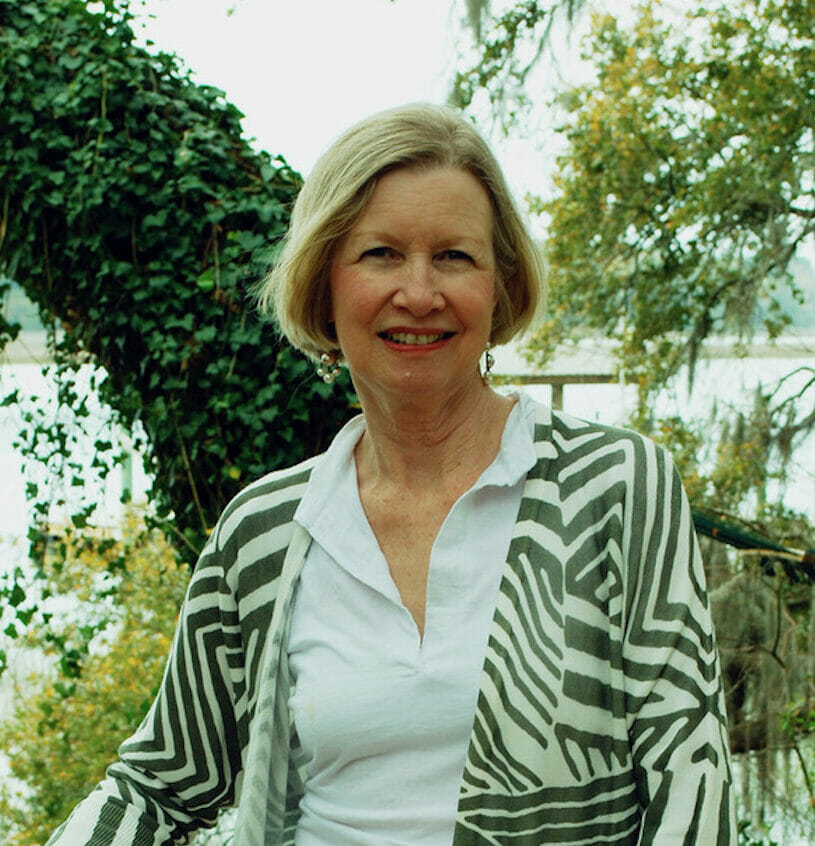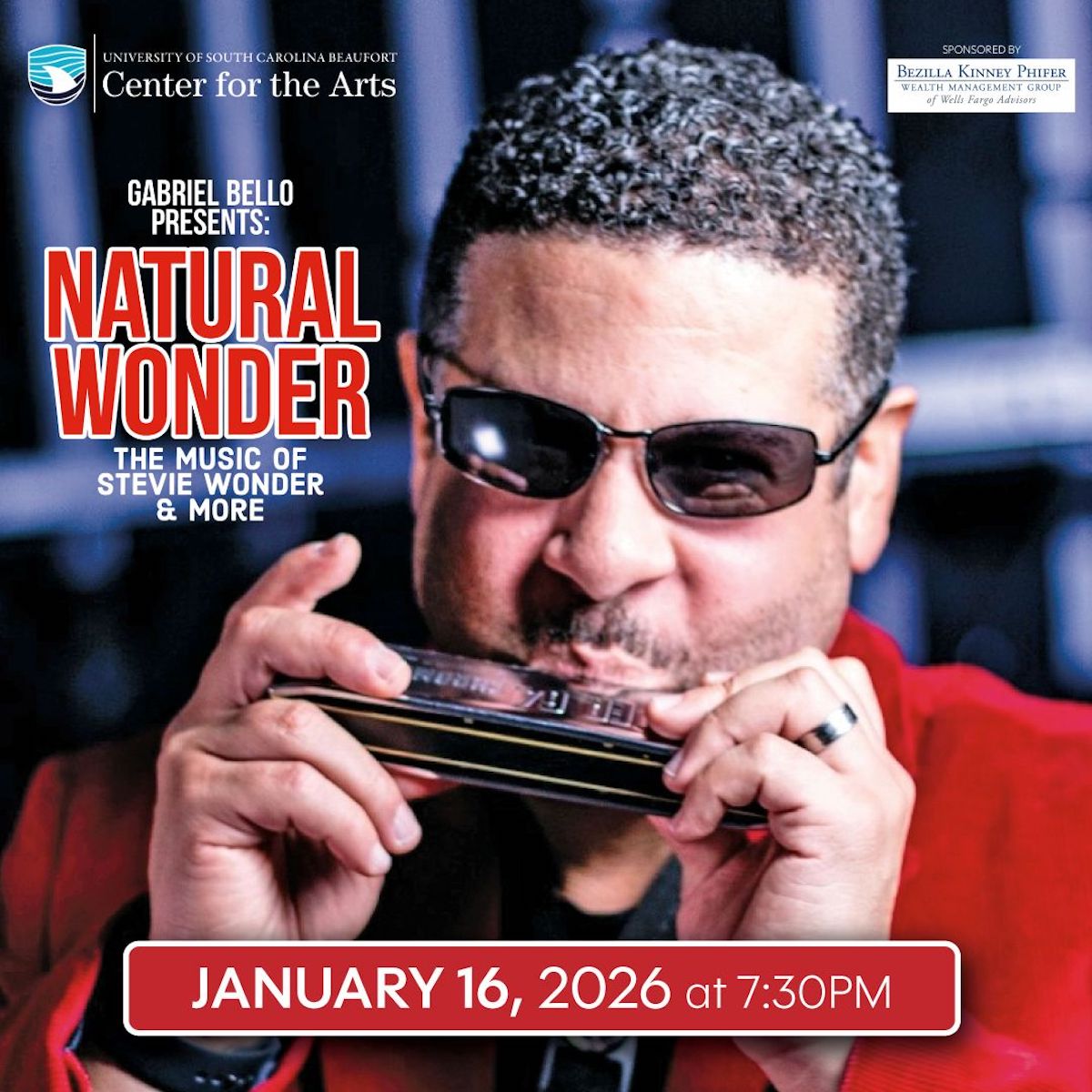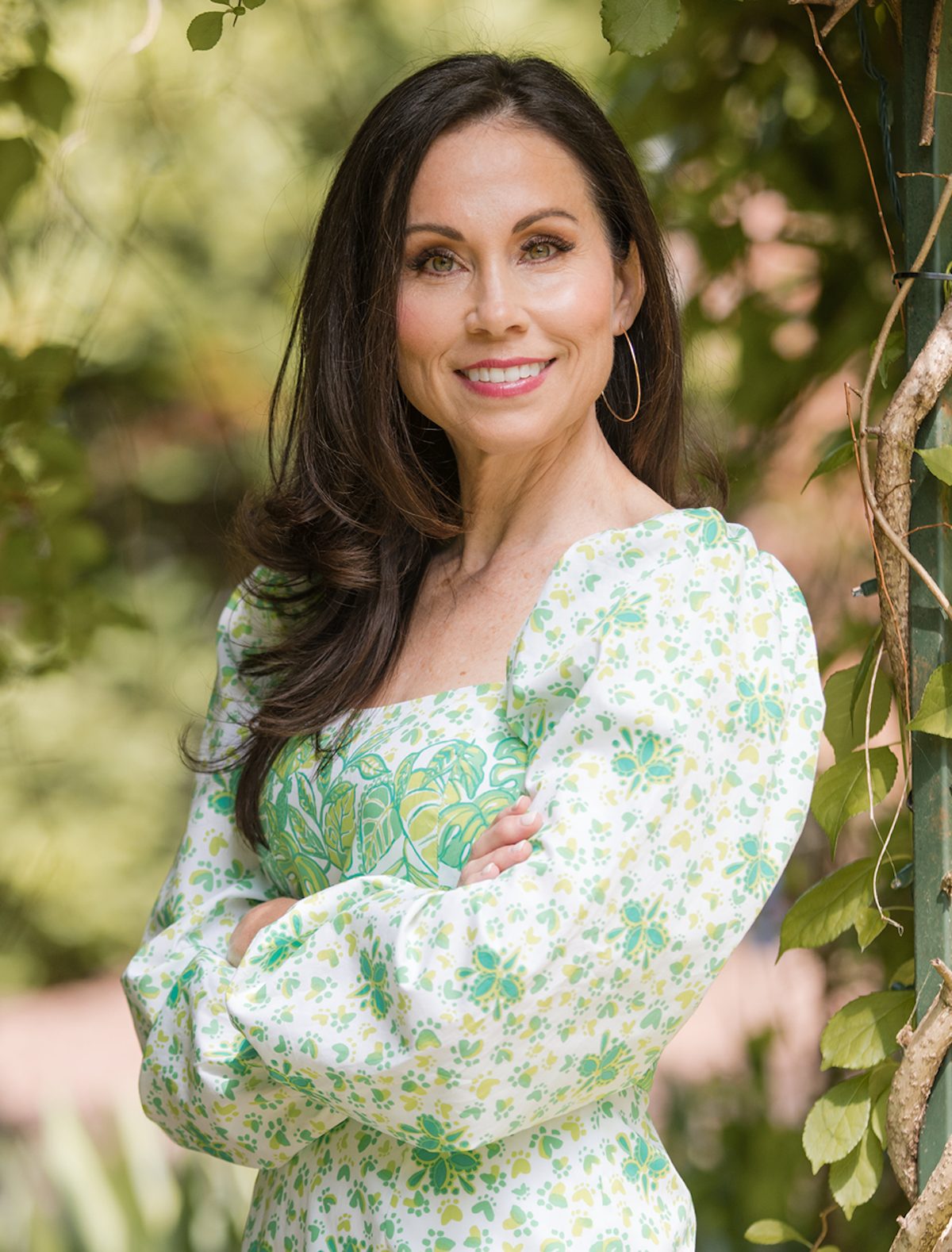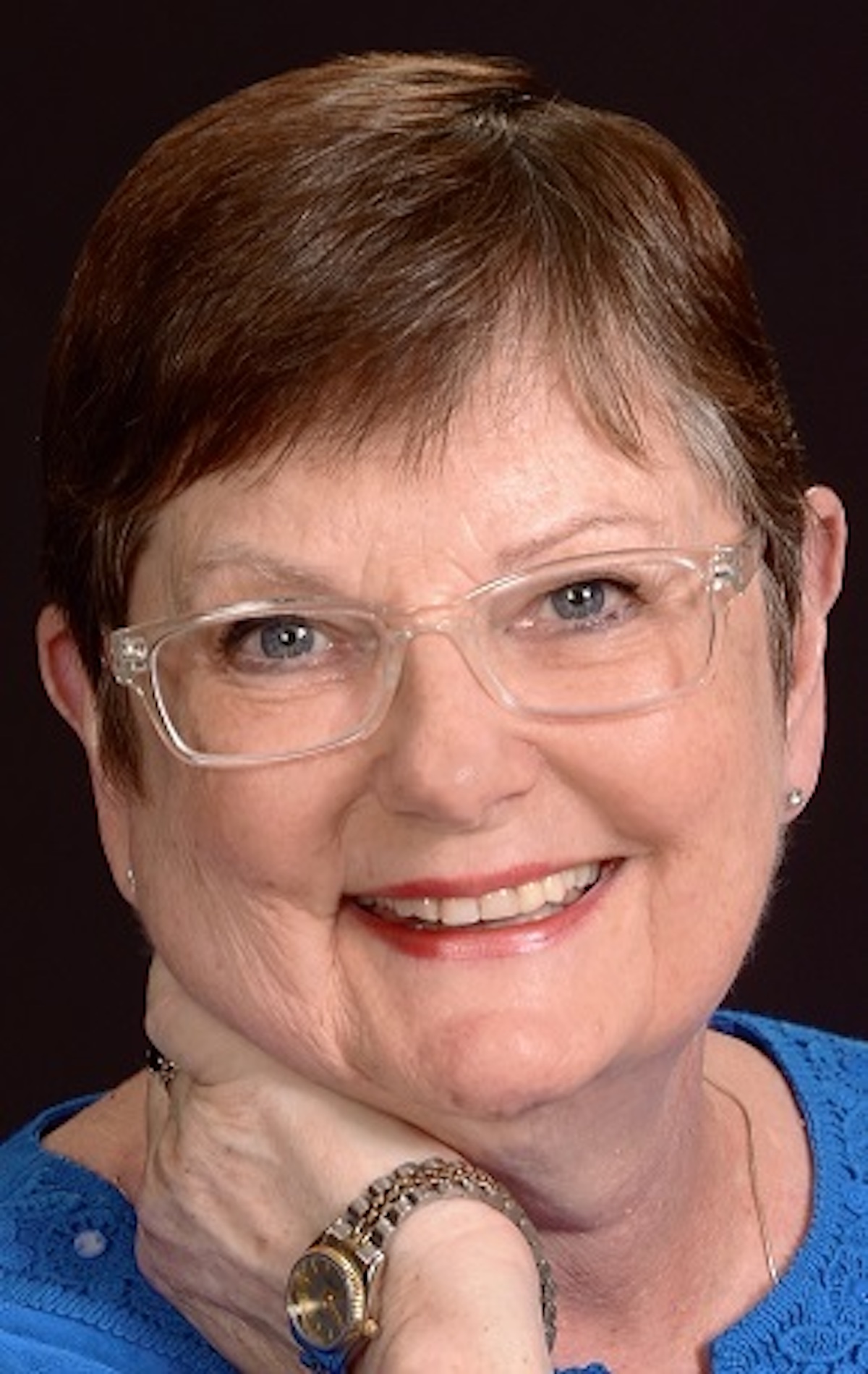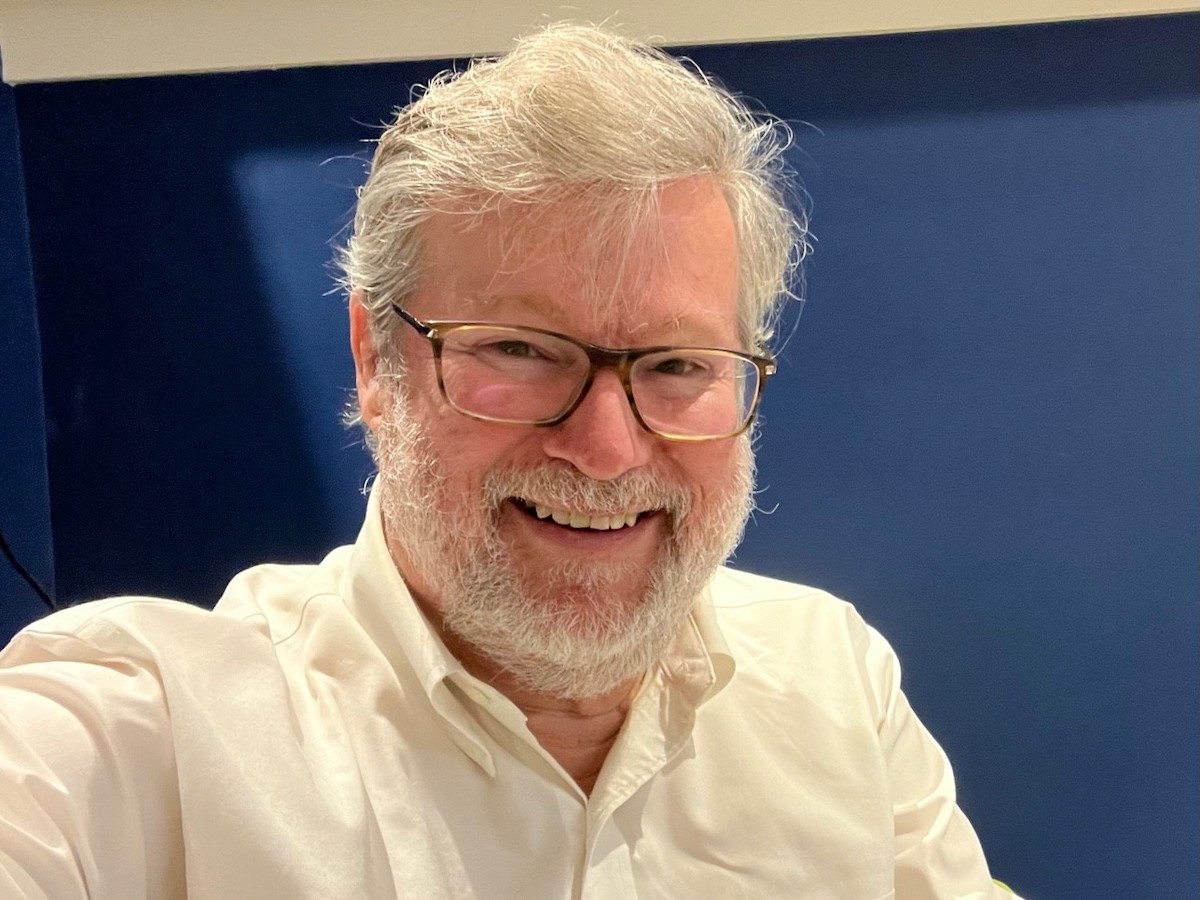By Cassandra King
Recently, the Pat Conroy Literary Center (PCLC) presented a program aimed at addressing the controversy over whether to remove certain books from Beaufort County school libraries. The extensive list of books under consideration for removal was compiled by a group of parents concerned that the subject matter of these books was inappropriate for students, especially in middle school grades. The outcome of this controversy is important as it will determine not only what library books are available to students but also who has the right to decide what another person can or cannot read.
The Literary Center works most effectively in the community by offering a forum for many different voices to be heard. Last Sunday we focused on the dangers of censorship, but in a future program, we want to hear more from parents, students and teachers.
As the organization’s honorary chair, a retired teacher, passionate reader and writer, and the widow of Pat Conroy, I felt behooved to expand on the Literary Center’s stance as it relates to the many conversations about literary censorship going on today. “Every voice matters,” is more than a PCLC slogan; it’s a vital component of our organization.
As a nonprofit dedicated to promoting education and the literary arts, the PCLC felt an obligation to examine this issue more thoroughly, especially since one of our main missions is our advocacy of reading. Banning books in school libraries was something that Pat and I discussed many times.
A former teacher, Pat valued parental involvement and believed it benefited both students and educators immensely. As a voracious reader, however, his position was simple: if you don’t like a book, don’t read it, but don’t deny others that opportunity by banning it. If an objectionable book appeared on a school reading list, he took the same stance as our current school policy: it is your right to ask that a different book be provided your child.
Pat’s life was forever changed by the books he read as a young man and by the support he received from his Beaufort English teacher, Gene Norris. Pat’s gratitude to his teacher was enormous and publicly expressed.
Many of us likely had teachers who were there for us when we were finding our way in the world. Inspired by the relationship of Pat and Mr. Norris, the PCLC is dedicated to being there for the teachers of today, who have an incredibly difficult job. We want to support educators and librarians in any way we can, but mainly by respecting them as trained professionals capable of making informed decisions on educational matters.
In Beaufort County, we are blessed to live in a community where we can work together toward a common goal: the best education possible for the next generation. Our country is facing a critical shortage of teachers and we need to examine the reasons why. Another directive of the PCLC is our work in encouraging future teachers through scholarship and training opportunities.
If our teachers don’t feel supported and respected by their communities, we can expect them to seek better paying, more satisfying careers. When that happens, we all lose.
Lastly, it’s important to remember that books are much more than mere tools for learning. While textbooks provide essential information, books of fiction offer something much more complex but certainly no less valuable. Through the stories of others, students learn empathy and compassion. Reading books written by the marginalized allows students who also feel marginalized to feel less alone in their own struggles.
When these diverse voices are silenced, something essential to a child’s emotional makeup is left out. Exposure to different viewpoints helps develop critical thinking skills throughout a lifetime. Because we are living through a time of unparalleled division and acrimony, it’s more important than ever that we commit to examining the role each of us plays in forming the citizens of tomorrow.
Thank you for allowing me to have my say on this very important issue, and I look forward to more discussion to come.
Cassandra King Conroy is an award-winning author of five novels, a book of nonfiction, numerous short stories, magazine articles, and essays. She has taught creative writing on the college level, conducted corporate writing seminars, and worked as a human interest reporter. She lives in Beaufort.

